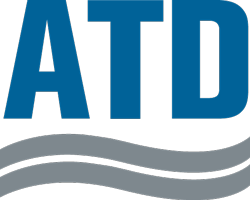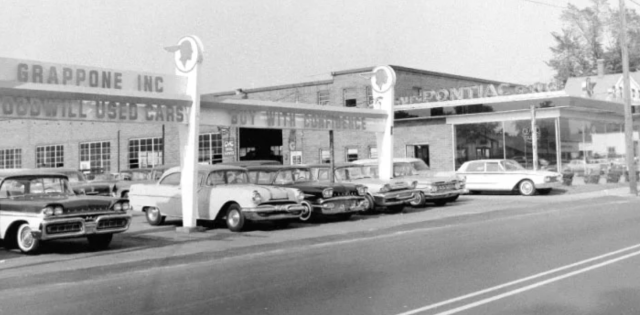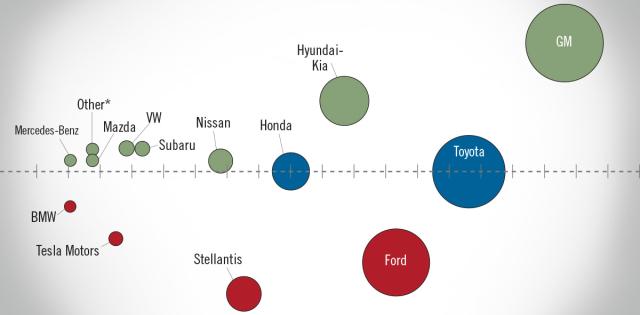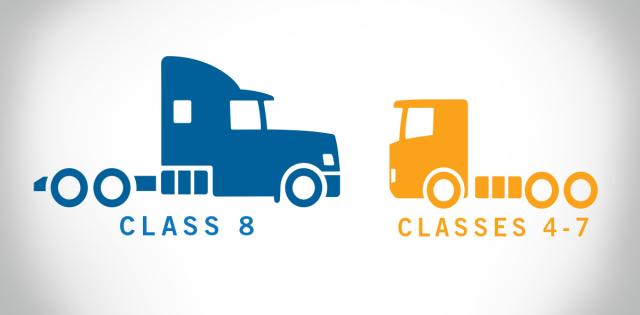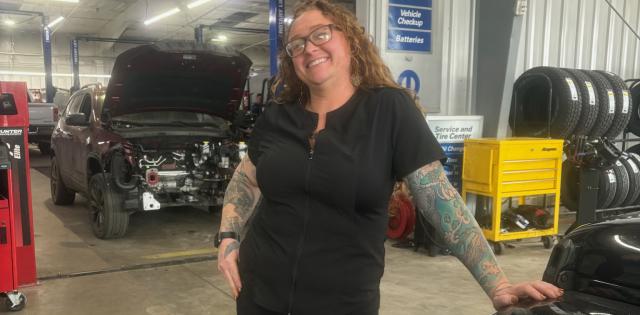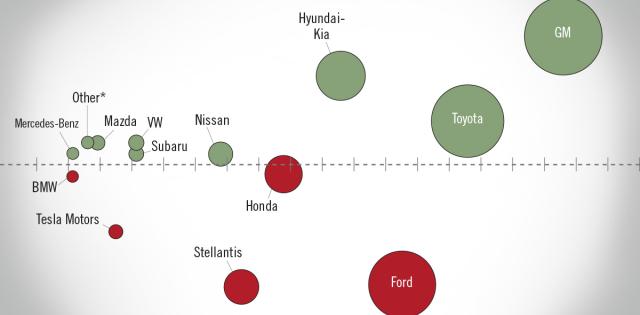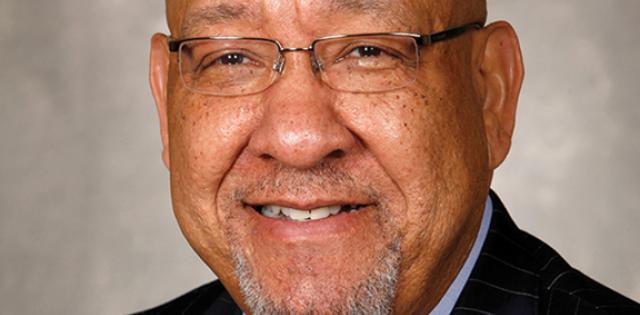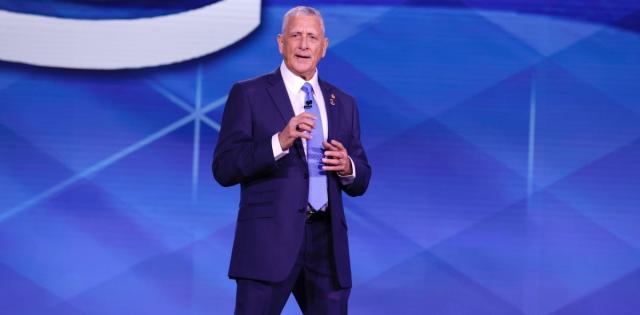Perhaps it's irony that a term of the Supreme Court begins, by statute, on the first Monday in October, and this October an important issue for our industry is about to get its day in court ... again. The outstanding case that will be heard by the Supreme Court this month is: Do dealership service advisors fall within the federal "salesmen, partsmen and mechanics" overtime pay exemption under the Fair Labor Standards Act?
Recently, the Supreme Court granted certiorari in the case Encino Motorcars, LLC vs. Navarro. This is the second time that the Supreme Court has accepted an appeal involving Encino, a very rare occurrence. As we know, the Fair Labor Standards Act exempts "any salesman, partsman, or mechanic primarily engaged in selling or servicing automobiles" from an employer's general obligation to pay overtime to employees who work more than 40 hours per week. The court will review a January 2017 decision by the Ninth Circuit Court of Appeals finding that the exemption did not apply to dealership service advisors. The ruling was in direct conflict with several other federal and state decisions.
As with many significant issues involving our business, NADA/ATD is providing support to the dealers litigating Encino. The hope is that the Supreme Court will resolve this issue in favor of the dealer defendants—and for all those dealers who have applied the overtime exemption to their service advisors for decades. Our Association is also working directly with the state dealer associations in the Ninth Circuit to file a "friend of the court" brief on behalf of all dealers. Briefing in the case will begin later this year with oral argument set for some time in 2018.
In addition to the courts, NADA/ATD has also devoted much of its efforts to working with federal regulatory agencies. These agencies—the U.S. Department of Transportation, the U.S. Department of Labor, and the Internal Revenue Service to name a few—refine, implement and enforce the laws that Congress passes. The regulations that they adopt can have lasting repercussions for both auto and truck retailers—just like the case today.
There will also be a decision coming out of the U.S. Department of Transportation and its Electronic Logging Device (ELD) ruling. As we know, the Federal Motor Carrier Safety Administration (FMCSA) issued new rules in 2015 that required the use of electronic logging devices in commercial motor vehicles. The FMCSA has mandated that by the end of this year, non-exempt motor carriers and drivers must begin to use ELDs. Moreover, only compliant ELD devices/applications may be used to record Hours-of-Service by December 2019. This will be an important change affecting our customers.
ATD will soon be circulating a detailed fact sheet to help all our truck dealer members prepare for this new ruling and transition. Without a doubt, the rulemakings coming out of Washington, D.C., deeply affect our consumers and the very fabric of how truck dealerships operate, employ staff and sell products. On behalf of ATD, I encourage all our members to stay vigilant and informed on all the latest issues. ATD is informing federal regulators about the marketplace where truck dealers compete. Our goal is to help them better understand the potential impacts of their mandates so that their rules, in turn, improve our industry for the future.
By the end of this month, we anticipate celebrating two things—Halloween and the start of what we hope will be favorable litigation before the Supreme Court. The former event is cloaked in its veil of mystery and the unknown, as is the latter. ATD is working hard to make sure that the events of October yield a sweet surprise for everyone in the future.
Steve Parker is chairman of ATD, a division of NADA in Tysons, Va., which represents 1,800 heavy- and medium-duty truck dealerships. He is president of Baltimore Potomac Truck Centers in Linthicum, Md., which operates five full-service commercial truck dealership locations with Mack, Volvo and Hino Trucks franchises in Maryland and Virginia.
